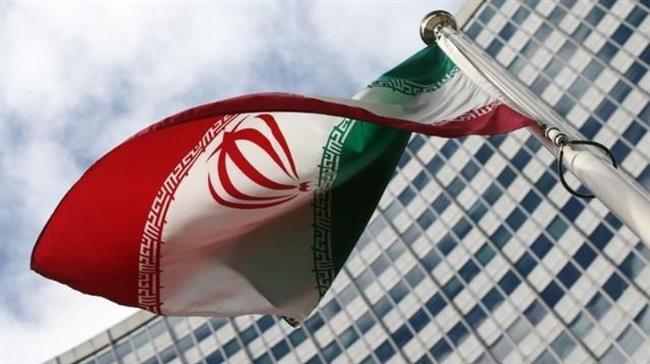
Iran hauls US before intl. court over 'illegal' sanctions

Iran last month lodged a complaint with the Hague-based tribunal, arguing that
the sanctions violate the terms of a 1955 friendship treaty between the two
countries.
The country opened a lawsuit Monday demanding the UN's top court order the
suspension of the renewed US sanctions.
"The United States is publicly propagating a policy intended to damage as
severely as possible Iran's economy and Iranian nationals and companies," Iran's
lawyer Mohsen Mohebi told the court.
"This policy is nothing but naked economic aggression against my country," he
said, adding "Iran will put up the strongest resistance to the US economic
strangulation, by all peaceful means."
Tehran has called on the United Nations court to order the immediate lifting of
the sanctions, and demanded compensation for damages incurred in their wake.
The ICJ is to begin a hearing on Iran’s legal challenge against new US sanctions
on the country.
Sanctions had been lifted under a 2015 nuclear agreement between Iran and six
other countries - the US, Germany, France, Britain, China and Russia.
President Donald Trump unilaterally pulled the US out of the deal with Iran in
May and pledged to re impose the most restrictive sanctions on the country.
Washington reinstated the first batch of sanctions in early August and
will re-impose the second batch in November which will primarily be meant to
undermine Tehran’s oil exports.
The United States’ lawyers will present their arguments on Tuesday. They are
expected to argue that the ICJ should not have jurisdiction in the dispute.
The oral arguments, essentially a request by Iran for a provisional ruling, will
last for four days, with a decision to follow within a month.
The ICJ was set up in 1946 to resolve international disputes. Its rulings are
binding but on rare occasions they have been ignored by certain countries,
chiefly the United States.
The US will respond formally in oral arguments on Tuesday, reportedly
arguing that the United Nations court should not have jurisdiction in the
dispute.
US lawyers will reportedly claim that the friendship treaty signed before the
Islamic Revolution in 1979 is no longer valid and that the sanctions Washington
has levied against Tehran, do not violate it anyway.
Source:Presstv















